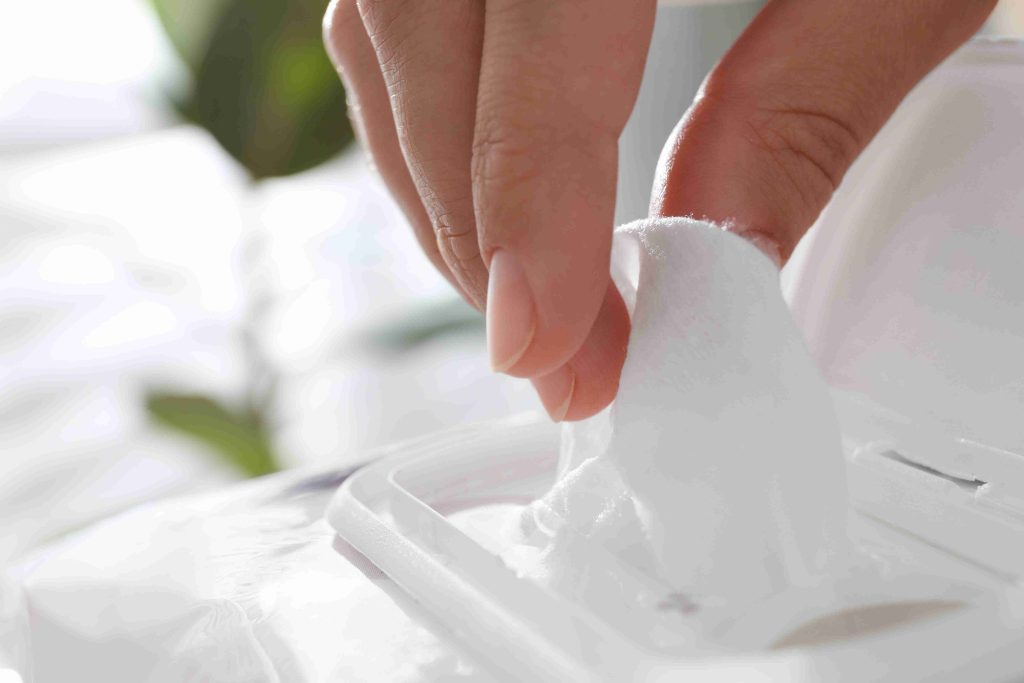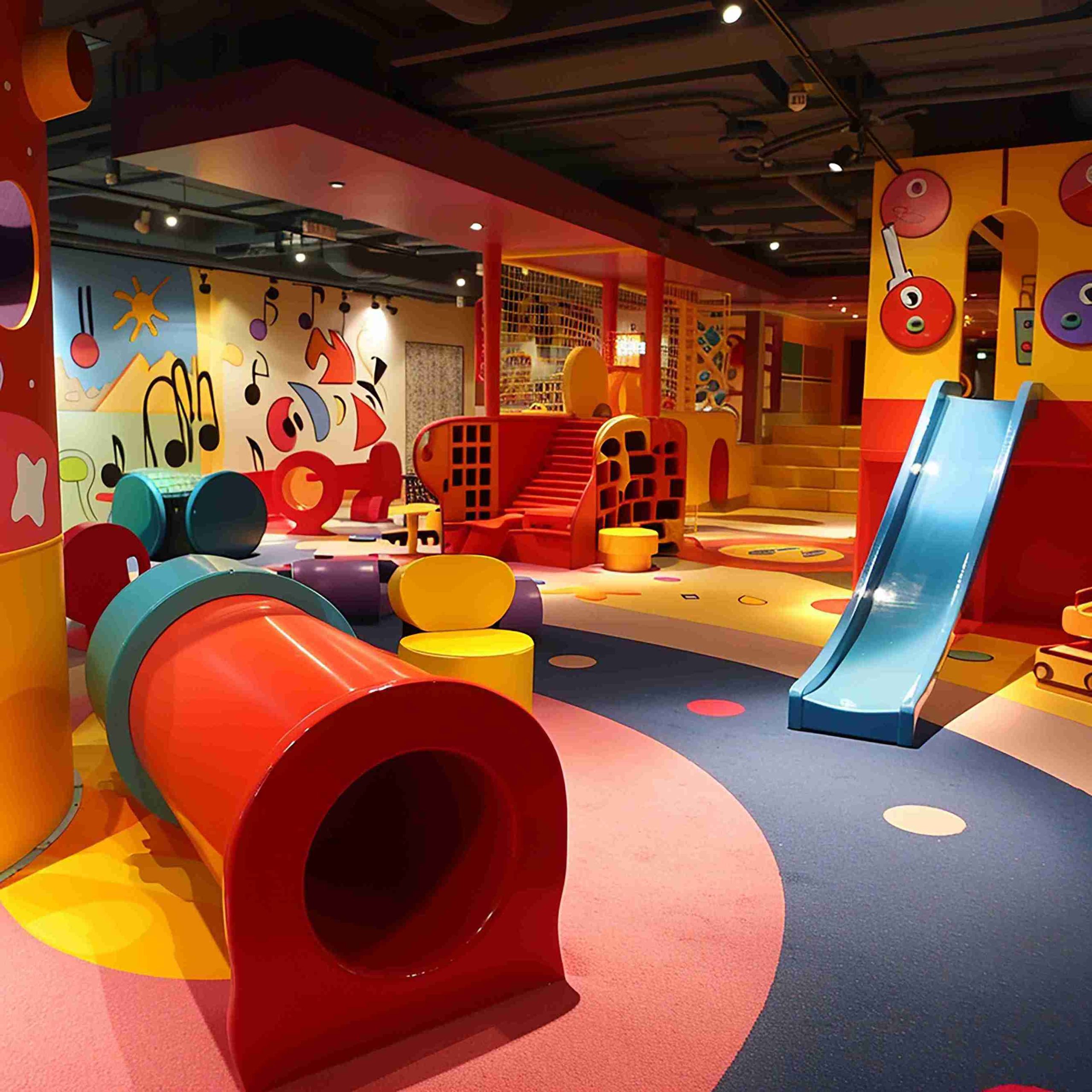In a rapidly evolving global market, new technologies and smarter solutions are transforming how products serve industries and consumers. Hygiene and filtration are no longer seen as basic necessities but as strategic drivers of innovation and growth. Businesses across healthcare, manufacturing, hospitality, and environmental sectors are embracing advanced systems to deliver safer, cleaner, and more efficient solutions.
What makes this shift even more exciting is the speed at which innovation is being adopted. From high-quality hygiene products to precision filtration membranes, the global landscape is moving toward smarter, more sustainable operations.
In this article, we will explore how modern hygiene and filtration solutions are shaping markets with greater precision, efficiency, and reliability. What are you waiting for? Let’s begin with our article.
How Is the Demand for Wet Wipes Wholesale Shaping Global Hygiene Solutions?
The demand for Wet wipes wholesale is experiencing an unprecedented rise as businesses and consumers prioritize hygiene and convenience. From personal care and healthcare to hospitality and manufacturing, wet wipes are becoming an essential part of daily operations. The wholesale market benefits from increased bulk purchasing by hospitals, hotels, gyms, and airlines, all seeking reliable hygiene products to meet strict safety standards.
In recent years, the focus has shifted toward advanced formulations that are gentle on the skin yet effective against bacteria and impurities. Manufacturers are investing in dermatologically tested solutions, biodegradable materials, and sustainable packaging. This evolution reflects a growing global emphasis on environmental responsibility and consumer well-being.
Moreover, businesses are increasingly relying on wholesalers for customized products tailored to their brand identity. This includes options in fragrances, packaging, and wipe size, giving companies a competitive edge. With global logistics improving, the supply chain for Wet wipes wholesale has become more efficient, allowing suppliers to meet rising international demand with ease.
Why Is Technology Driving Innovation in Hydrophilic PES Membrane Production?
The hydrophilic PES membrane is redefining standards in filtration technology. Known for its excellent permeability and low protein binding, this membrane is widely used in biopharmaceutical, medical, food, and industrial filtration processes. Its hydrophilic nature ensures consistent flow rates and reliable performance in demanding applications.
Technology plays a crucial role in this advancement. Modern manufacturing processes are focused on enhancing pore uniformity and durability. These improvements make membranes suitable for sterile filtration, sample preparation, and clarification processes. This growing reliance on efficient filtration systems is driving significant market growth.
Additionally, industries prefer hydrophilic PES membranes for their chemical compatibility and cost-effectiveness. They provide high filtration efficiency without compromising product integrity. As demand increases across various sectors, manufacturers are scaling up production capacities to meet global needs.
What Market Insights Reveal About the Global Growth of Wet Wipes Wholesale and Hydrophilic PES Membrane?
The global hygiene and filtration markets are expanding due to shifting consumer behavior and industrial requirements. The Wet wipes wholesale market benefits from growing health awareness and strict hygiene protocols worldwide. Hospitals, educational institutions, and travel sectors continue to rely on bulk hygiene solutions to ensure public safety and convenience.
Simultaneously, the Hydrophilic PES membrane market is being propelled by advancements in biotechnology, water treatment, and medical device manufacturing. Increasing investments in pharmaceutical production and cleanroom technologies are accelerating adoption. This reflects a wider trend toward integrating precision engineering with scalable production solutions.
Furthermore, the shared focus on efficiency, quality, and environmental responsibility unites both markets. Consumers and industries alike demand products that are safe, sustainable, and high-performing. This alignment of values creates strong opportunities for innovation and global expansion.

How Are Sustainability and Innovation Reshaping Product Development Strategies?
Sustainability has become more than a trend; it is a key factor shaping product development. In the Wet wipes wholesale market, manufacturers are exploring biodegradable materials and plant-based fibers to minimize environmental impact. Packaging innovations, including recyclable and compostable solutions, are also gaining popularity.
For Hydrophilic PES membrane production, sustainability is reflected in energy-efficient manufacturing methods and extended product lifecycles. Many producers are investing in clean production technologies to reduce carbon footprints while maintaining high filtration standards.
Innovation complements these efforts by enabling smarter production processes and higher performance levels. Digital quality control systems, automation, and AI-assisted testing help manufacturers deliver products that meet global regulatory requirements. As industries adopt greener practices, their reputation and market competitiveness strengthen.
How Can Quality and Certification Strengthen Market Position for Businesses?
To strengthen market position, manufacturers must emphasize quality, certification, and traceability throughout every stage of production. In the Wet wipes wholesale sector, buyers prioritize consistent formulation, proven microbial safety, and reliable product performance. These elements are not just quality indicators but critical factors in meeting regulatory requirements across different regions.
For Hydrophilic PES membrane applications, performance validation is a key requirement. Manufacturers must adhere to strict quality control standards by publishing pore size data, retention rates, flow rates, and chemical compatibility results. Detailed documentation helps buyers assess reliability, ensuring the membrane can be used confidently in biopharmaceutical, medical, and water treatment processes.
Transparent testing protocols and batch traceability not only reduce regulatory risks but also build strong, long-term customer trust.
What Future Opportunities Exist for Businesses in Hygiene and Filtration Markets?
The future for both Wet wipes wholesale and Hydrophilic PES membrane markets looks promising. Rising demand for safe, sustainable, and effective hygiene solutions will continue to boost the wet wipes sector. Emerging economies are expected to drive substantial growth as public health initiatives expand.
On the filtration side, the hydrophilic PES membrane market is set to benefit from increasing applications in pharmaceuticals, biotechnology, and water treatment. The integration of smart monitoring systems with filtration technologies will further enhance performance and reliability.
For businesses, this growth presents opportunities to expand product lines, invest in R&D, and build stronger supply chain networks. Companies that prioritize quality, innovation, and environmental responsibility will be well-positioned to lead these markets.
Conclusion:
As hygiene and filtration technologies evolve, their impact reaches far beyond industries. Wet wipes wholesale plays a critical role in promoting cleanliness and public health, while Hydrophilic PES membrane ensures efficiency and precision in filtration processes.
Together, these markets reflect the growing importance of innovation and sustainability in shaping future industries. Businesses that adapt to these trends will not only meet rising global demand but also contribute to building a cleaner and more efficient world.




